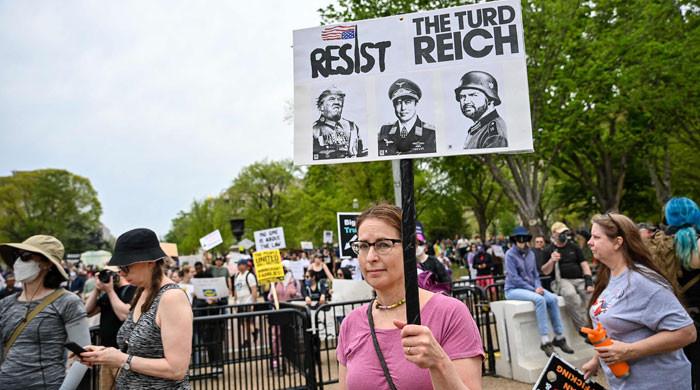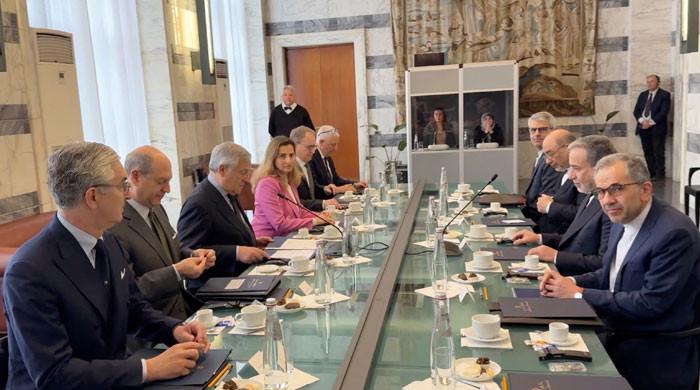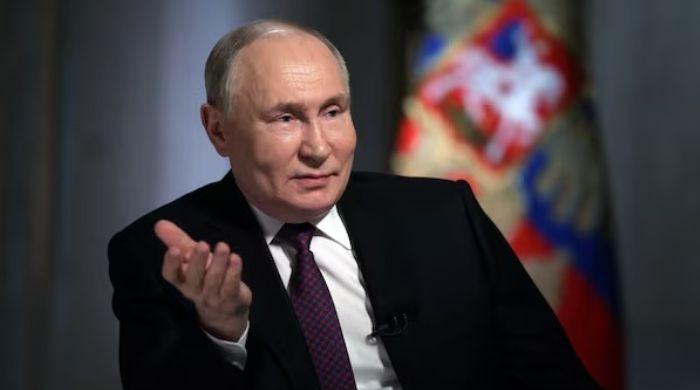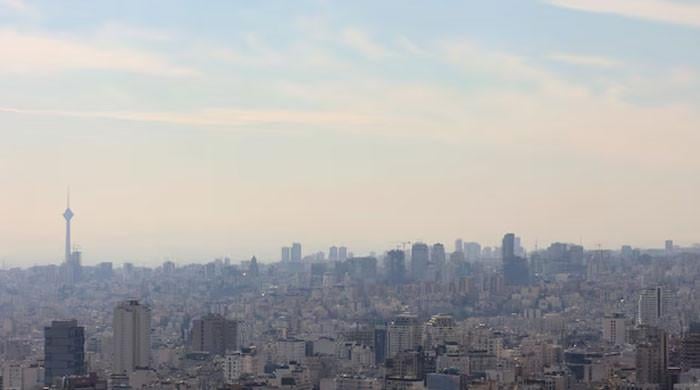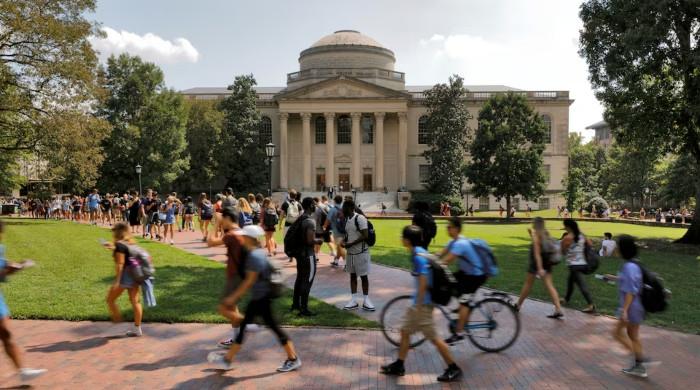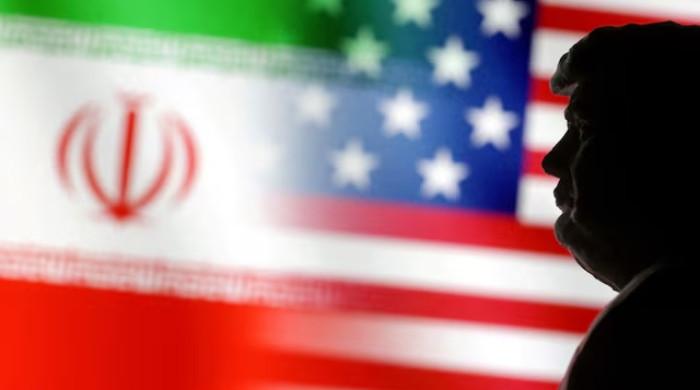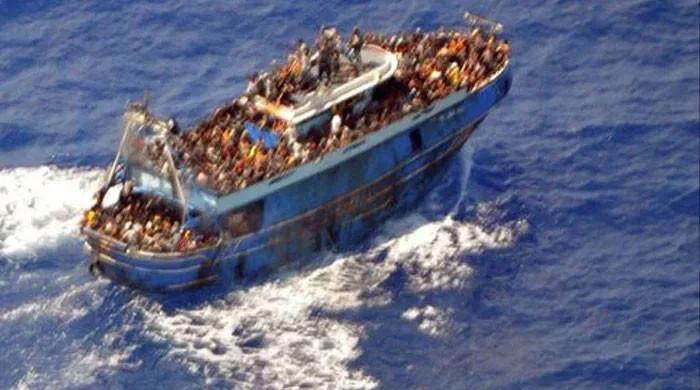Malaysian PM condemns new citizenship law in India as death toll rises in clashes
Law has stoked fears Indian PM Modi wants to remould the world's biggest democracy as a Hindu nation
December 21, 2019
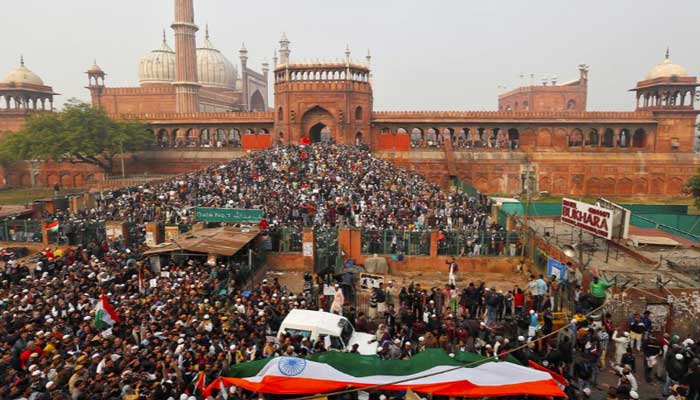
NEW DELHI: Malaysian Prime Minister Mahathir Mohamad on Friday condemned a new citizenship law in India as protests over it spread across the South Asian country.
Six more protesters died in India on Friday in fresh clashes between police and demonstrators, taking the death toll to 15 in more than a week of unrest.
The law — which makes it easier for persecuted minorities from three neighbouring countries to gain citizenship, but not if they are Muslim — has stoked fears Prime Minister Narendra Modi wants to remould the world's biggest democracy India as a Hindu nation, which he denies.
The latest deaths, in northern Uttar Pradesh where almost 20 per cent of the state's 200-million population are Muslim, followed the loss of three lives on Thursday when police opened fire on protesters in the northern city of Lucknow and the southern city of Mangalore.
Also read: Fresh clashes in India as death toll hits nine
Malaysian PM Mahathir condemns new law
Malaysian PM Mohamad while speaking on the sidelines of the Kuala Lumpur Summit condemned the new law and questioned the reasoning behind the adoption of it by a country that claims to be secular.
"I think we have accepted the Indians who came to this country. The Chinese who came to this country. We give them citizenship, even when they do not qualify. And they are all in the government. But I am sorry to see India, which claims to be a secular state, now taking action to deprive some Muslims of their citizenship," he said.
"Of course, if we do that here, you know what will happen. There will be chaos, instability, and everybody will suffer. Already, people are dying, because of this law. So why is there a necessity to do this thing when all this while, for seventy years almost, they have lived together as citizens without any problems," the Malaysian PM noted.
Responding to the Malaysian prime minister's statement, New Delhi in a statement said, “The prime minister of Malaysia has yet again remarked on a matter that is entirely internal to India. The Act provides for citizenship through naturalization to be fast-tracked for non-citizens, it does not impact in any manner on the status of any citizen of India."
Also read: India's ‘provocative statements' an attempt to divert attention from protests: DG ISPR
'Why is Modi becoming Hitler?'
In India, four of the demonstrators — two from Meerut and two from neighbouring Muzaffarnagar, both in Uttar Pradesh — died Friday from "gunshot wounds", Meerut chief medical officer Rajkumar told AFP.
Another demonstrator died of a gunshot wound in Bijnor district while the cause of the sixth death in Firozabad city was not yet known, local police spokesmen told AFP.
In the heart of India's capital demonstrators held a sit-in protest at the Delhi Gate in the Old Delhi district, then marched to the country's biggest mosque Jama Masjid in the afternoon. The protesters later returned to Delhi Gate, where they clashed with baton-wielding police who deployed a water cannon to disperse the crowd.
Also read: BJP politician 'offers citizenship' to Pervez Musharraf
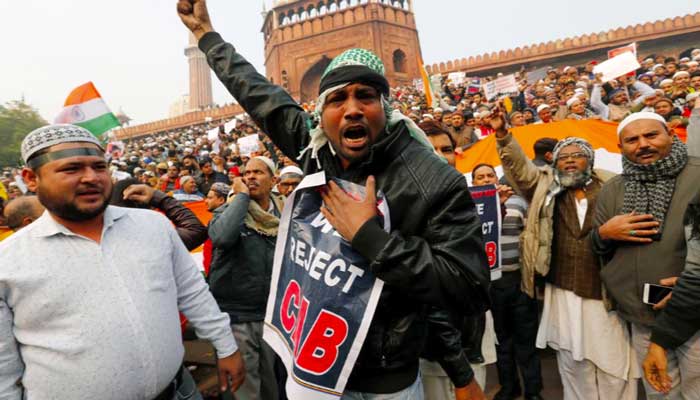
The marchers, many chanting anti-Modi slogans, threw rocks at police in the street battle. At least one car was set on fire, and an AFP reporter saw demonstrators bleeding from their heads and mouths during the clashes. "All the people here, be it those who are Hindu, Muslim, Sikh or Christian — they are all out on the streets," Tanvi Gudiya told AFP at another Delhi rally in a Muslim neighbourhood after Friday prayers.
"So doesn't it affect Modi at all? Does Modi not like anyone? Why is he becoming like Hitler?" In Modi's home state of Gujarat, there were new clashes between security forces and protesters in Vadodara city, a day after battles in the largest city Ahmedabad left 20 policemen and 10 locals injured.
On Thursday, two people were killed in Mangalore when police opened fire on a crowd of around 200 people after they ignored orders to disperse, an official told AFP. A protester also succumbed to gunshot injuries in Lucknow, said a doctor who declined to be named. Officers denied opening fire in the city.
Authorities have scrambled to contain the situation, imposing emergency laws, blocking internet access, and shutting down shops and restaurants in sensitive pockets across the country.
Also read: Two martyred as India resorts to unprovoked shelling across LoC: ISPR
Karnataka minister warns of ‘Godhra-like' situation
Amid the protests, senior Bharatiya Janata Party (BJP) leader and Karnataka minister Chikkamagaravalli Thimme Gowda Ravi warned of a 'Godhra-like' situation if the Hindu majority of the state lost patience with the demonstrating people.
In 2002, a train carrying Hindu pilgrims had been set on fire in Godhra. In communal riots that followed, nearly 2000 people, mostly Muslims, were killed in the state of Gujrat.
“It is this very mindset that burnt a rail in Godhra, also burning karsevaks alive… Because the majority community here is patient, you are trying to put fire everywhere. I advise you to look back and see what happens when our patience runs out. Our patience is not our weakness," the minister was quoted as saying by The Indian Express.
'Unacceptable in a democracy'
Opposition parties in India, as well as international rights groups, have raised concerns about the law and the growing protests. Congress party president Sonia Gandhi on Friday slammed Modi's Hindu-nationalist BJP, saying it showed "utter disregard for people´s voices and chosen to use brute force to suppress dissent".
Also read: Friday prayers held in Indian-occupied Kashmir's grand mosque after four months
"This is unacceptable in a democracy," she added in a video posted on Twitter.
West Bengal state Chief Minister Mamata Banerjee, while addressing a rally of more than 20,000 people in the state capital Kolkata Friday, said she "will not allow the federal government to implement" the law.
"India is burning. This is time for waking up," she said, urging people to unite behind her movement. More than 200 Christian leaders in India issued a joint statement Friday saying the laws passed since the BJP was re-elected in May have led "to the collapse of the democratic institutions of India... carefully and painstakingly built by enlightened leaders over the last seven decades".






